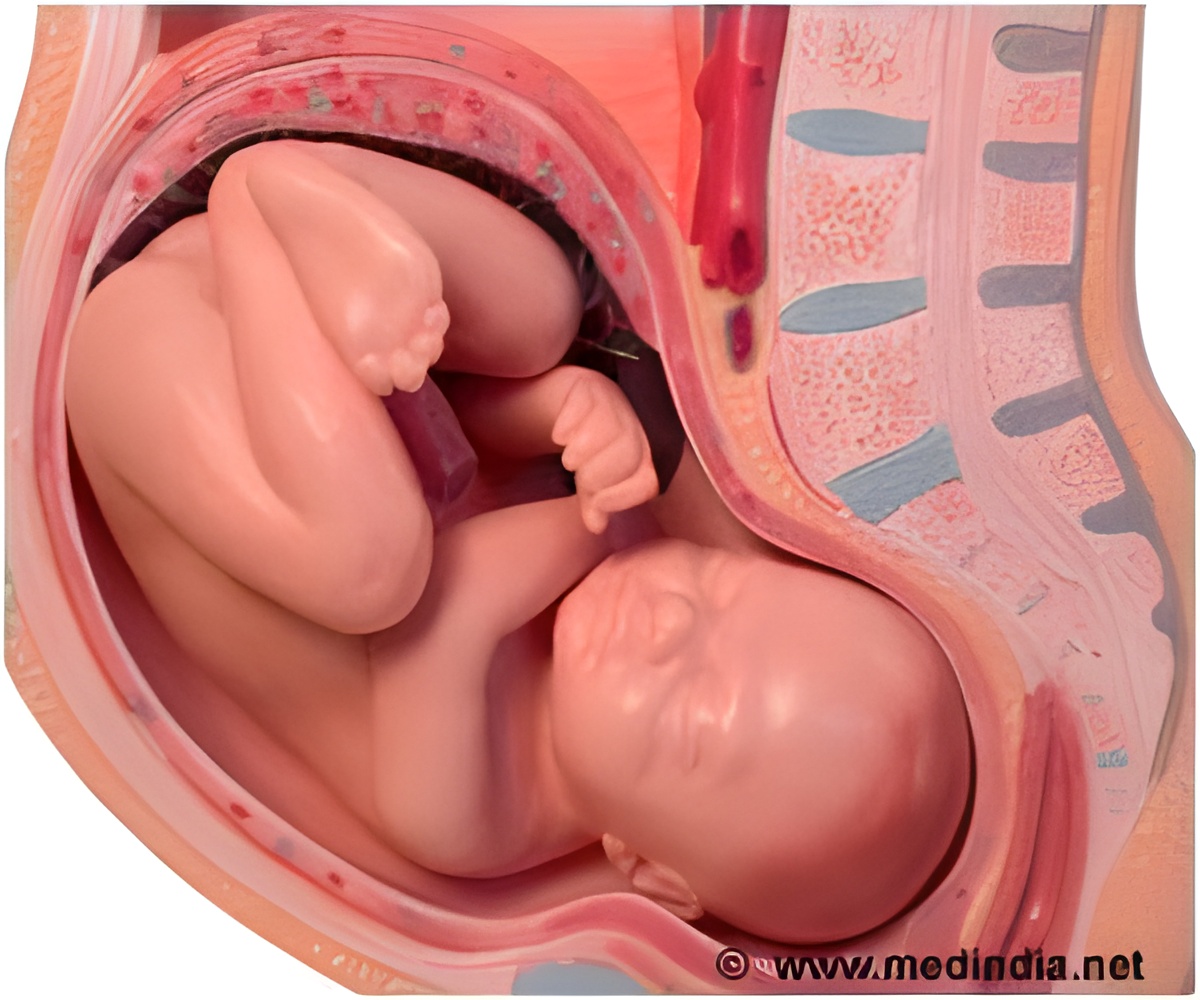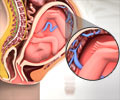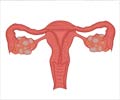A gut bacterium called Listeria (Listeria monocytogenes), which is often found in soft cheese, is known to present a risk to pregnant women by using distinct tactics to breach the intestine and the placenta, using an enzyme phosphoinositide-3 kinase following activation by internalin proteins, according to researchers at Pasteur Institute in France.
Listeria has two proteins, called internalins A and B, that helps it cross mucosal tissue barriers. Both proteins attach to tissue receptors and are needed for Listeria to invade the placenta, but protein A alone can propel Listeria across the intestine. The underlying cause of these differences remains unknown. Tissue invasion by Listeria also requires the enzyme phosphoinositide-3 kinase (PI3-K), which is turned on by both of the Listeria's internalin proteins, but only the B protein has a built-in activation mechanism.
Researcher Lecuit and his colleagues have been able to visualize the activation of PI3-K, finding that this enzyme is very important for Listeria invasiveness via internalins. They uncovered that PI3-K is perpetually turned on in intestinal cells, using only internalin A and rendering internalin B dispensable, while the placenta has little to no inherent PI3-K activity, which is why passage of the bug through the placenta requires both A and B internalins.
These findings open up new opportunities to examine if other microbes-in addition to those posing a pregnancy risk-are capable of crossing host barriers using PI3-K activation, and whether this mechanism of invasion occurs in other mucosal tissues and organs.
The study is published in 'The Journal of Experimental Medicine'.
Source-Medindia















